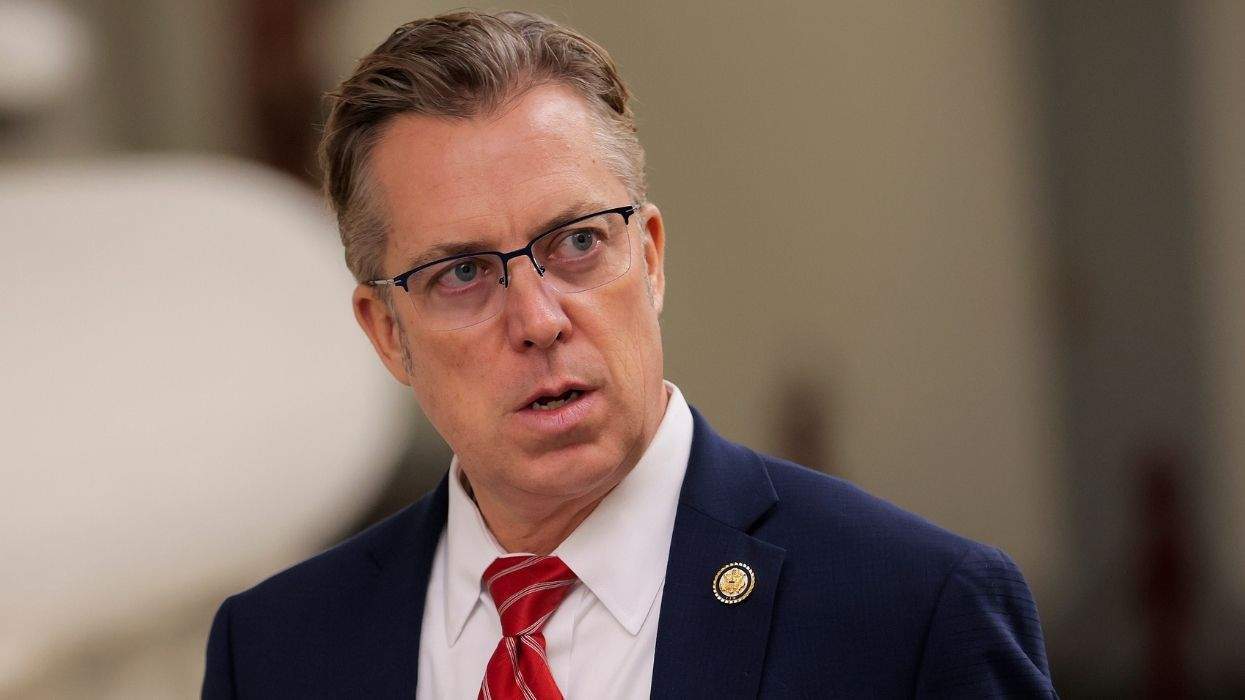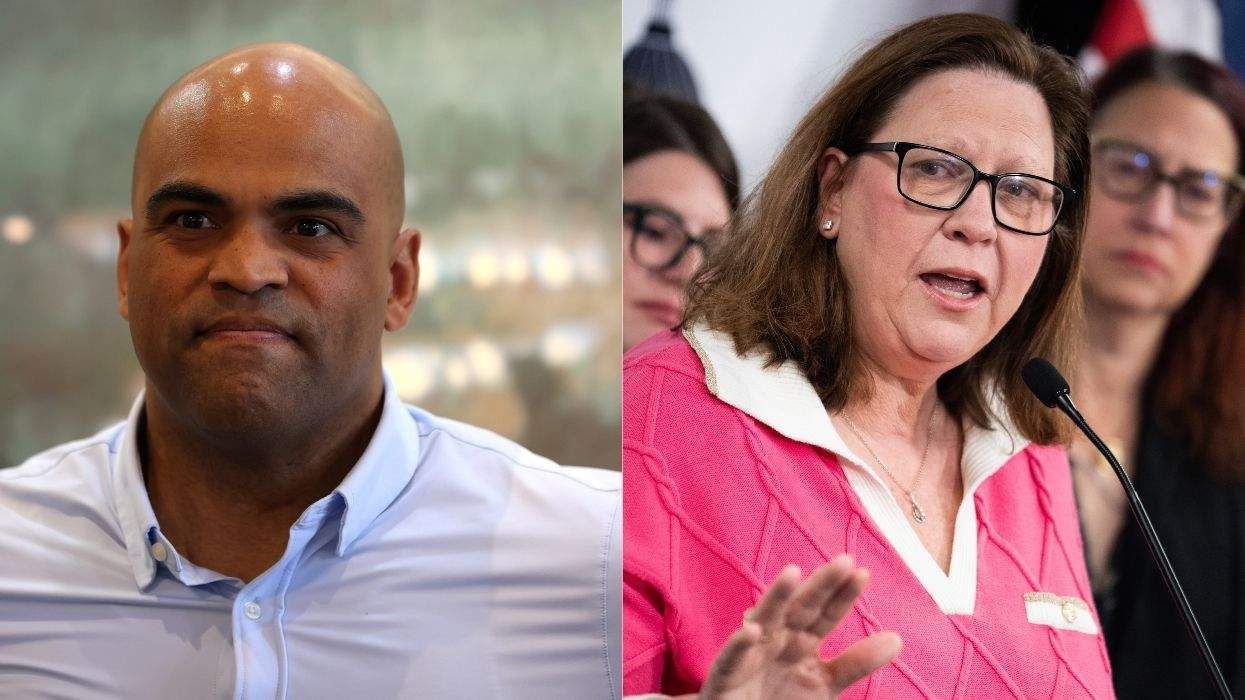As we head into LGBTQ Pride month, it's worth reflecting on the fact that the repeal of "don't ask, don't tell" stands apart from President Obama's other significant legislative wins. While the stimulus, health care overhaul, and Wall Street reform were all major achievements in their own right, none of them addressed a single progressive constituency in the way that repeal did. The battle to end the military's gay/bi ban was also more hard-fought than most other single-constituency legislation, such as the Lilly Ledbetter Fair Pay Act, which was so popular it cruised through Congress during Obama's first couple weeks in office.
I point this out not to gloat but rather to offer a point of comparison. The reason the singular achievement of repeal was so consequential is because it set the LGBT movement apart in terms of enduring legislative and judicial wins during Obama's presidency, while other progressive movements have had to rely on executive actions that have faced legal challenges from Republicans at every turn.
Without repeal, none of the equality advances that followed could have come nearly as quickly. Indeed, it was just two months after Congress repealed the military's gay ban that Attorney General Eric Holder announced the Department of Justice would stop defending the Defense of Marriage Act, a law prohibiting the federal government from recognizing same-sex marriages. But if the ban had still been on the books with the administration still defending the policy in the courts, how could the Justice Department have justified ending its defense of DOMA? And if the administration continued defending statutes that denied equal treatment to gays in both the military and marriage, President Obama's embrace of marriage equality during an election year almost certainly would have faltered. Equally as important, LGBT advocates arguing the watershed case U.S. v. Windsor at the Supreme Court wouldn't have had the added weight of the federal government joining their push to gut the law.
 KERRY ELEVELD is the author of Don't Tell Me To Wait. She will be speaking in New York Tuesday and Washington, D.C., Thursday, or you can stream her New York Times Facebook Live event here at 12:30 p.m. Eastern Tuesday.
KERRY ELEVELD is the author of Don't Tell Me To Wait. She will be speaking in New York Tuesday and Washington, D.C., Thursday, or you can stream her New York Times Facebook Live event here at 12:30 p.m. Eastern Tuesday.














Charlie Kirk DID say stoning gay people was the 'perfect law' — and these other heinous quotes
These are some of his worst comments about LGBTQ+ people made by Charlie Kirk.